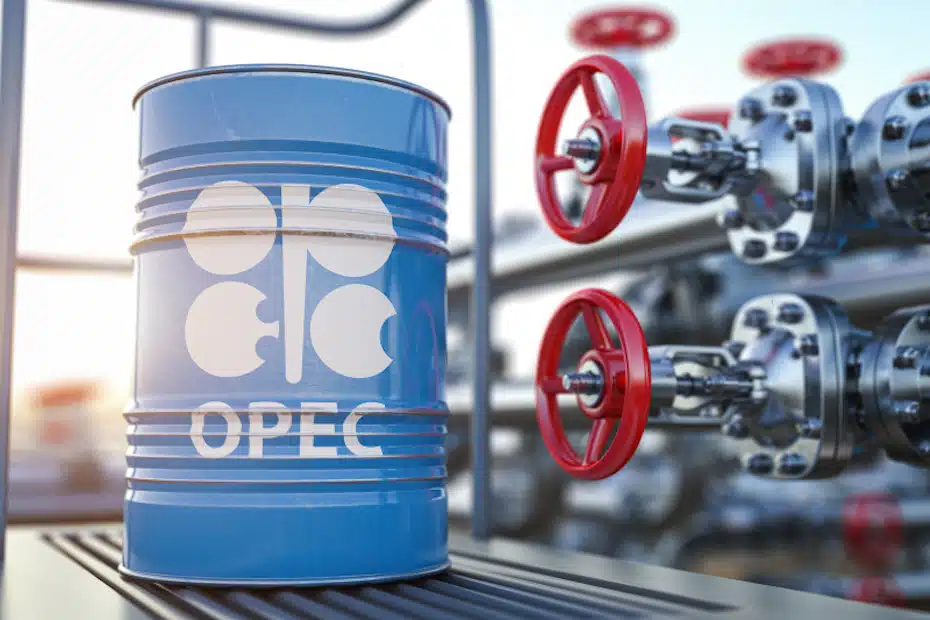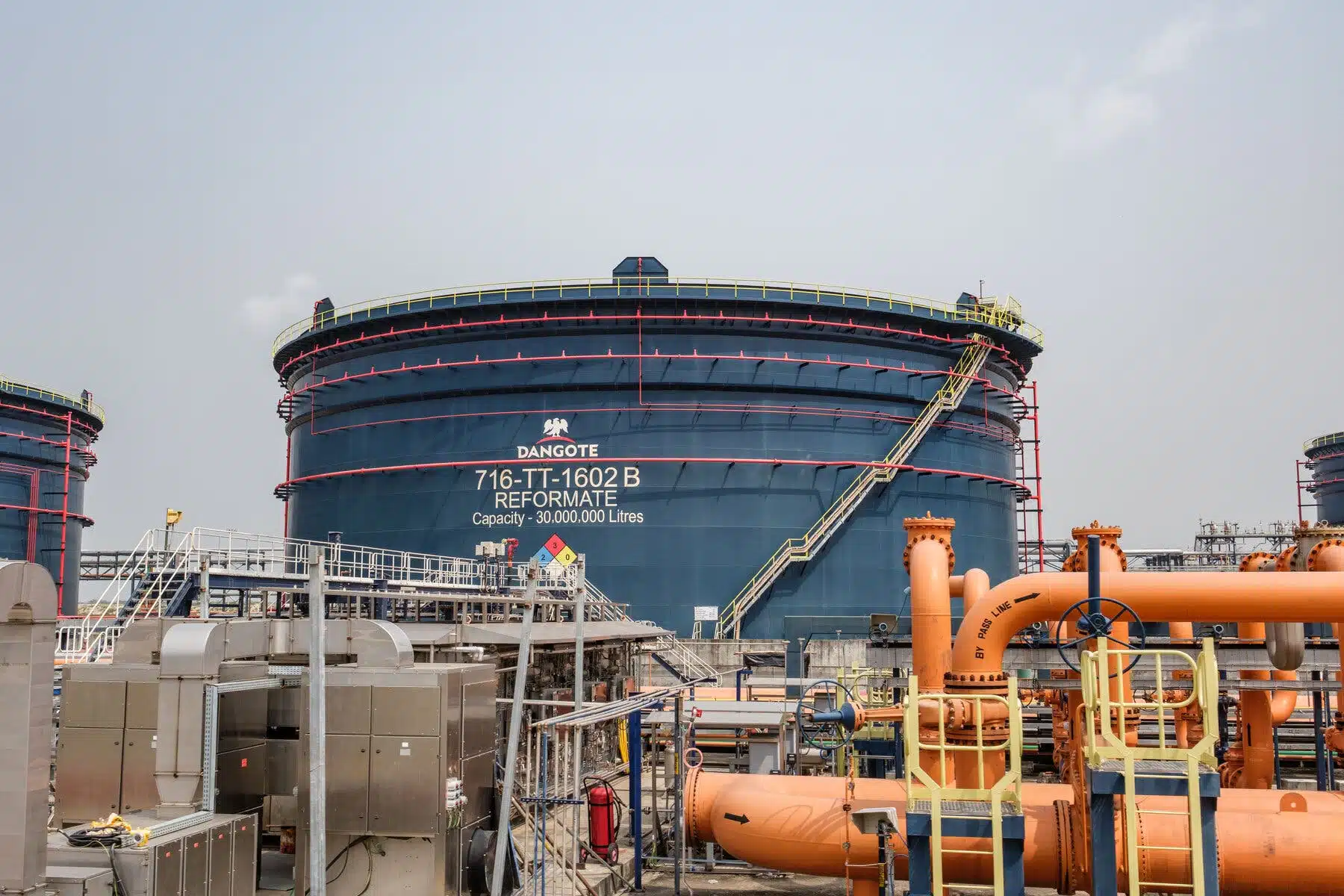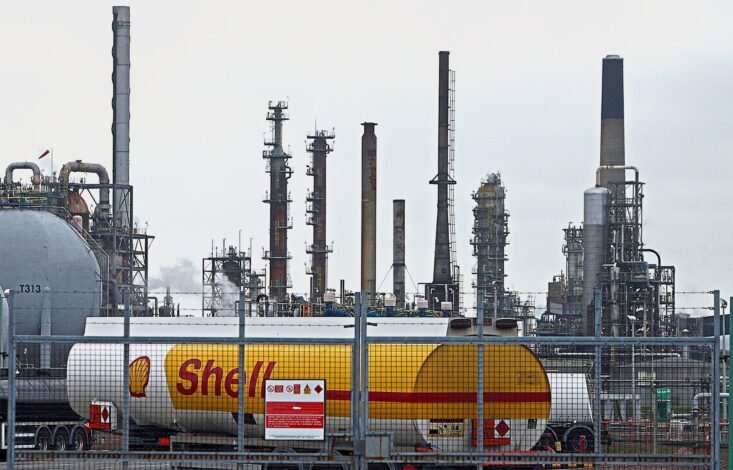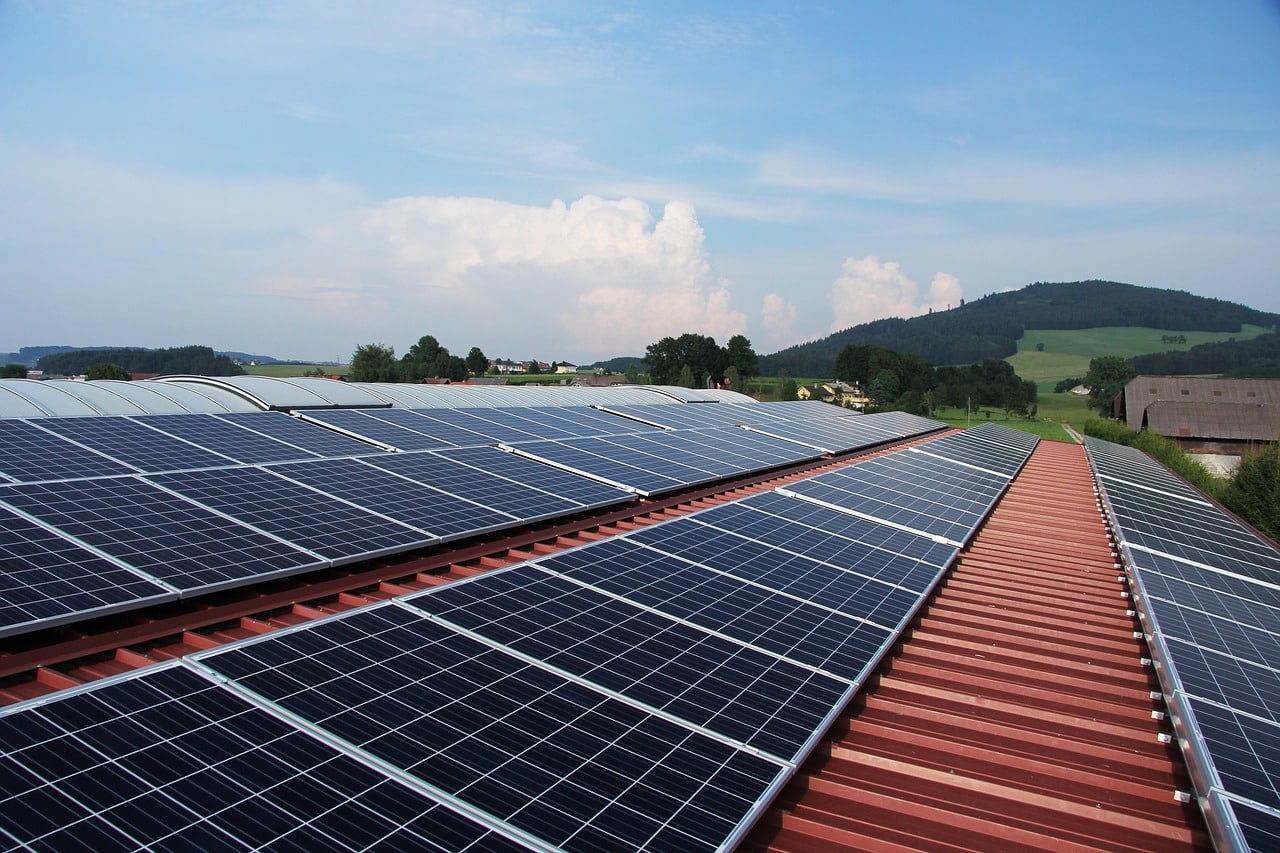Nigeria’s oil output has exceeded its OPEC quota after recording an average of 1.68 million bdp in the second quarter of 2025, the new National Bureau of Statistics (NBS) report shows.
Earlier in 2024, the Organisation of Petroleum Exporting Countries (OPEC) had given the country a cap of 1.5 million bdp, but figures from the NBS indicate that production went above that level between April and June of this year.
Oil production in Q2 2025 climbed to 1.68 million bdp, marking an increase of 0.27 million bdp from the same period last year.
It also inched above the first quarter of 2025, when production stood at 1.62 million bdp, showing steady gains in output.
As a result, Nigeria’s three month average in Q2 stood above 1.6 million bdp, crossing the OPEC mark.
The data shows that the country is producing more crude at a time when OPEC is closely monitoring compliance among member states.
Although the report did not clarify whether production figures included condensates—an associated crude from gas exploration—OPEC’s independent monitors typically exclude condensates from their assessments.
This is because most condensates are sold locally to refiners and traders.
As a result, such volumes neither disrupt the global market nor contribute to the kind of supply glut OPEC seeks to prevent.
Positive oil sector performance in Nigeria
Nigeria’s oil sector continues to show a remarkably positive outlook with renewed investment from oil firms across the nation.
According to the NBS data, oil sector growth accelerated strongly in Q2 2025, rising by 20.46% compared to the same quarter of 2024, when growth stood at 10.08%.
The report also showed that the sector recovered sharply from the slower 1.87% recorded in Q1 2025, expanding by 6.01% on a quarterly basis.
Oil contributed 4.05% to real GDP in the second quarter of 2025.
This was higher than the 3.51% contribution in Q2 2024 and above the 3.97% recorded in Q1 2025.
The bureau noted that the increase in oil production volumes played a significant role in driving growth in the industrial sector.
Compliance concerns with OPEC
Nigeria’s ability to pump above its allocated quota raises questions about its compliance with OPEC rules.
The organisation sets output limits for member countries in order to regulate global oil supply and stabilise prices.
For Nigeria, the cap was set at 1.5 million bdp for 2025.
The NBS report, however, confirmed that actual production in Q2 2025 exceeded that threshold.
In the recent past Nigeria’s output had struggled to meet targets due to crude theft, pipeline vandalism, and under investment in upstream infrastructure.
The stronger performance in Q2 points to improvements in operations, but it also places the country in a delicate position with OPEC over production discipline.
In sum, the new figures show that crude oil remains a critical driver of Nigeria’s quarterly growth, even though the wider economy is led by the non-oil sector.
The rise in output above OPEC’s quota also signals a possible clash between Nigeria’s domestic economic needs and its international commitments.








